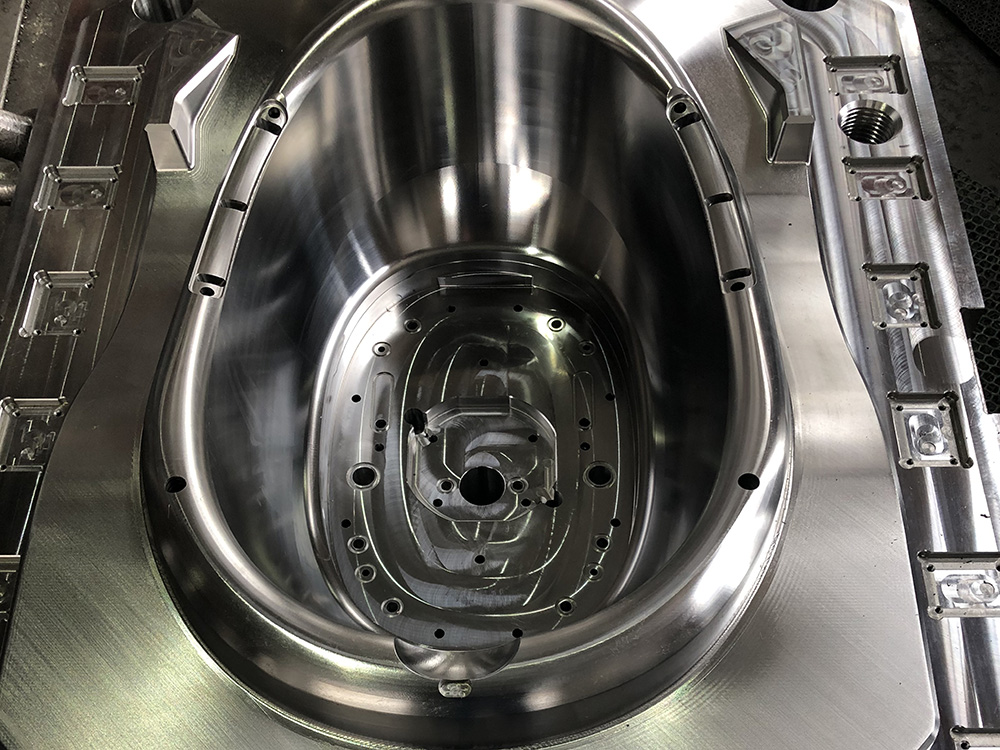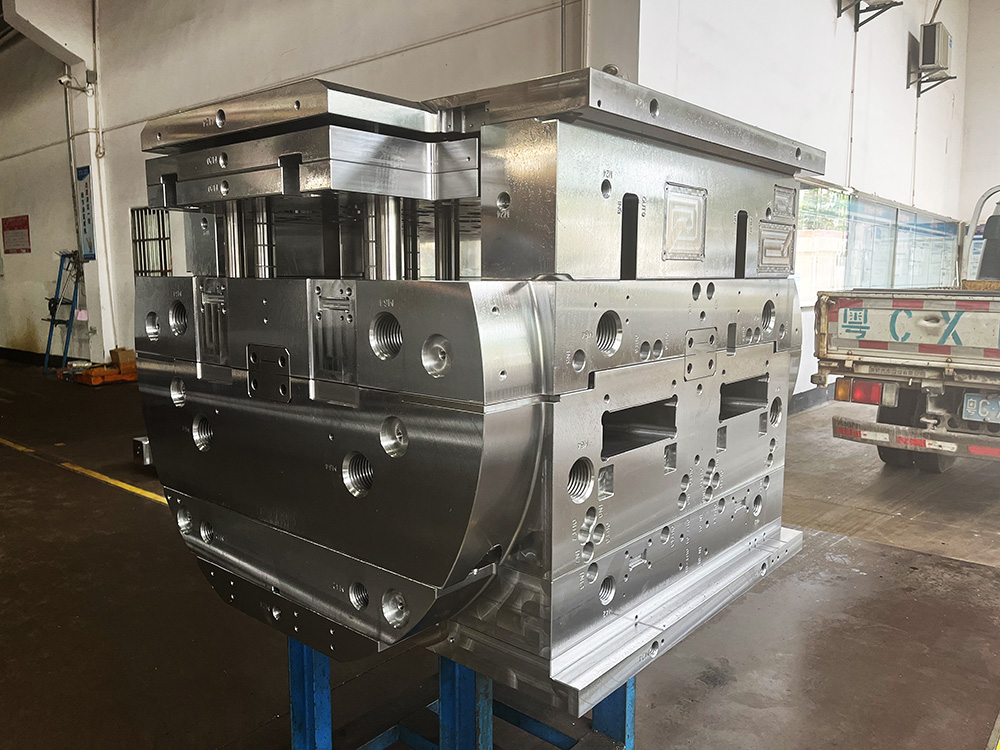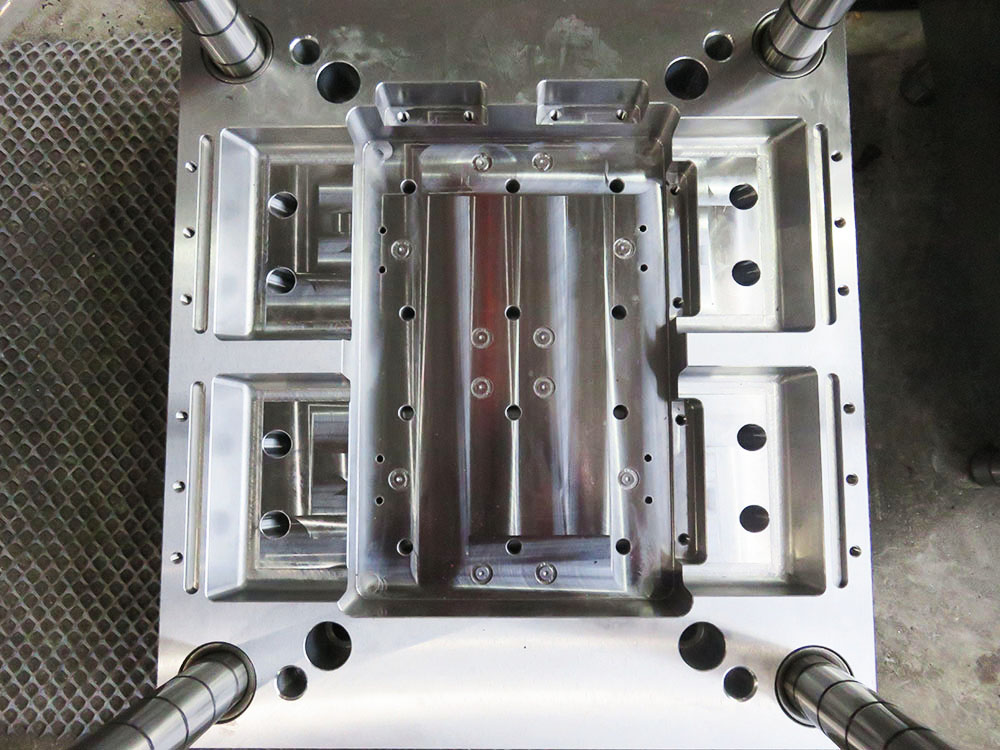Description of the Infrastructure Support System in the Mold Base Industry
The mold base industry plays a crucial role in various manufacturing sectors, providing the foundation for producing high-quality molds used in the production of plastic and metal components. To ensure smooth and efficient operations, a robust infrastructure support system is essential. This article aims to provide a comprehensive description of the infrastructure support system within the mold base industry, highlighting its importance and components.
Facilities and Equipment
The infrastructure support system starts with the provision of adequate facilities and equipment. These include production halls, storage areas, and administrative offices. Production halls are equipped with state-of-the-art machinery, such as CNC machining centers, milling machines, and grinders, to accurately and efficiently fabricate mold bases. Storage areas are designed to store the inventory of raw materials, finished mold bases, and auxiliary equipment. Administrative offices house the essential personnel responsible for coordinating production, quality control, sales, and logistics.
Quality Control and Testing Facilities
Quality control is of utmost importance in the mold base industry to ensure the integrity and reliability of the produced molds. Quality control facilities and testing equipment are integral parts of the infrastructure support system. CMM (Coordinate Measuring Machine) and optical measuring equipment are used to verify the dimensional accuracy and tolerances of the mold bases. Additionally, various non-destructive testing techniques, such as ultrasonic testing, magnetic particle inspection, and dye penetrant tests, are employed to detect any surface or subsurface defects. These facilities and equipment are necessary to guarantee the conformity of mold bases to customer specifications and industry standards.
Material and Tooling Suppliers
Reliable material and tooling suppliers are an essential component of the infrastructure support system in the mold base industry. High-quality materials, such as pre-hardened and heat-treated steels, are procured from trusted suppliers to ensure optimal mold base performance and longevity. Additionally, tooling suppliers provide the necessary cutting tools, inserts, and abrasives required for machining and finishing operations. Collaborating closely with reputable suppliers strengthens the overall quality of mold bases and minimizes the risk of production delays or failures.
Logistics and Supply Chain Management
An efficient logistics and supply chain management system is imperative to ensure the timely delivery of raw materials, auxiliary equipment, and finished mold bases to customers. This aspect of the infrastructure support system encompasses various activities, such as inventory management, transportation, and order fulfillment. The implementation of advanced software systems for tracking and monitoring shipments, as well as effective communication channels with customers and suppliers, enhances the overall efficiency and reliability of the logistics operations.
Workforce and Training
The mold base industry heavily relies on a skilled workforce to operate the machinery, carry out quality control procedures, and manage various aspects of the production process. The infrastructure support system includes comprehensive training programs to ensure that employees possess the required technical expertise and knowledge. Training covers areas such as CNC programming, machine operation, lean manufacturing principles, quality control techniques, and safety protocols. Investing in the continuous development of the workforce promotes a culture of excellence and guarantees consistent quality in mold base production.
Environmental and Safety Measures
As part of the infrastructure support system, proper measures are implemented to address environmental and safety concerns. Environmental measures focus on waste management, energy efficiency, and compliance with applicable regulations. Recycling initiatives and the use of eco-friendly materials contribute to sustainable manufacturing practices. Safety measures encompass the provision of personal protective equipment, regular safety training, and the implementation of safety protocols to prevent occupational hazards.
Conclusion
The mold base industry greatly relies on a robust infrastructure support system to ensure the efficient and high-quality production of mold bases. From facilities and equipment to quality control, logistics, and workforce training, each component plays a vital role in maintaining the industry's competitiveness. By continually enhancing and optimizing the infrastructure support system, the mold base industry can meet the evolving demands of various manufacturing sectors, contributing to the advancement of global manufacturing capabilities.




